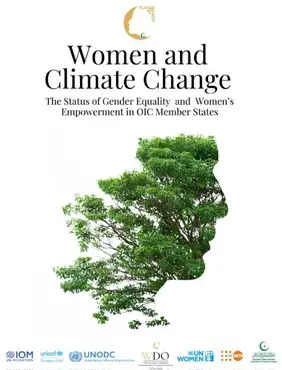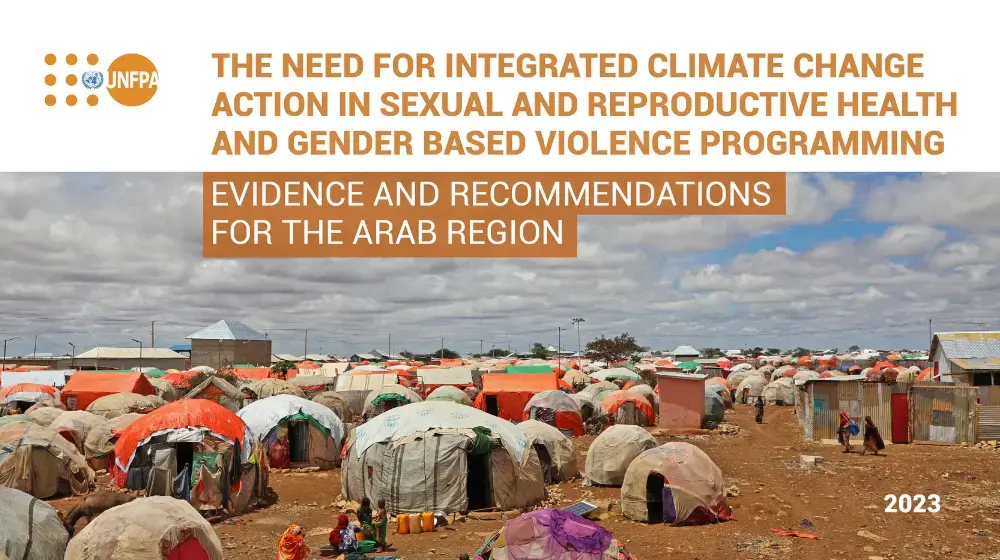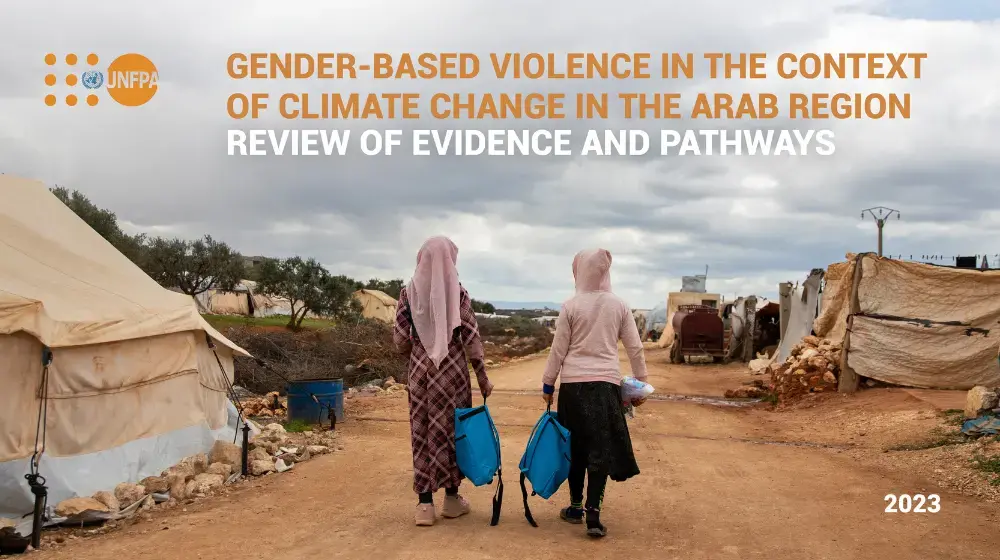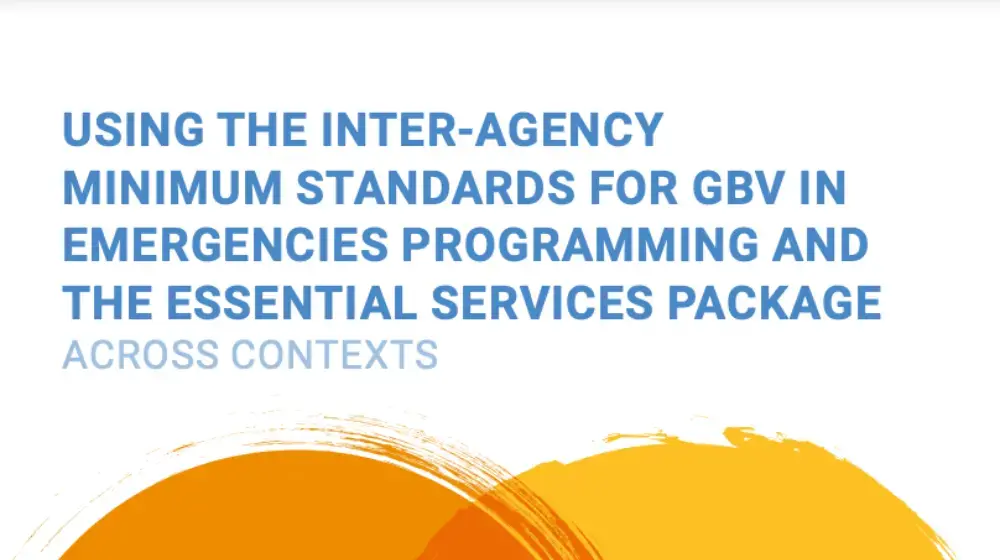The WDO will be launching periodic Flagship Reports highlighting issues that affect women and girls in the OIC Region. Periodically, the report will focus on a specific priority thematic area that either stems from expressed needs of our member states or is in line with global trends. The main objective of these reports is to generate comprehensive data, raise awareness and propose policy recommendations to Member States on the issue under discussion.
This first edition of the flagship report under the theme “Women and Climate Change” recognizes that climate and environmental crisis is not gender neutral and has differentiated impacts on men, women, and children. The report explores the intersection, connectivity, and nexus between climate change and an increase in structural vulnerabilities of women and girls in different aspects such as food security, education, water scarcity, access to health services, migration, abuse, early marriages, exploitation, trafficking, forced labour, Gender Based Violence and other forms of physical dangers.
Considering the novelty of the organization, the research methodology was a participatory approach, and the report is a sum of efforts from partner UN Specialized agencies and OIC general secretariat whom all contributed with standalone chapters. Each chapter presents first-hand evidence through context-specific case studies within the different geographies of the OIC region in addition to examining the international frameworks. Each chapter provides substantive recommendations on how to enhance women’s roles in mitigating, building resilience, policy-making, and sustainably reducing women’s vulnerabilities to climate related events.
The major findings of this report highlight that, Climate Change compounds pre-existing inequalities and numerous challenges already faced by women and girls in the political, social, and economic spheres. This situation consolidates poverty cycles, thwarts their socioeconomic and political inclusion, deprives them of their fundamental rights, and retards advancement of their livelihoods. In addition, the report also highlights that women and girls have not only been passive victims but are and can also be at the forefront of global, regional, and national advocacy processes and community-based initiatives aimed at building their resilience and adaptation capacities.
The WDO therefore through this report is calling the attention of OIC member states that, while the effects of climate change are felt by everyone across the spectrum, there exist differential impacts on women and girls, hence developing and implementing more gender climate-sensitive policies is crucial in sustainably addressing climate change issues and ensuring climate justice for all.





